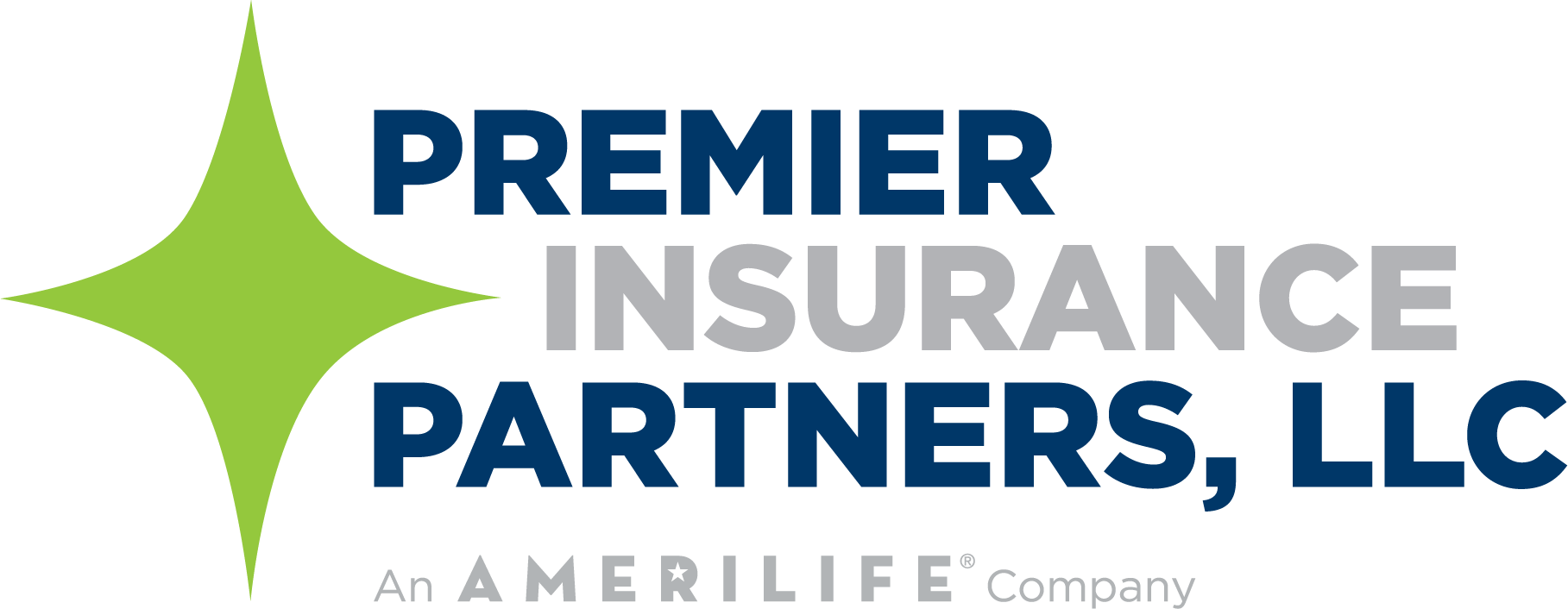With years of experience and a dedication to staying on top of regulatory changes, Premier Insurance Partners ensures that agents receive accurate information and assistance tailored to their needs.
Are ACA and Obamacare The Same Thing?
Yes, the Affordable Care Act and Obamacare refer to the same law. The term “Obamacare” was popularized during debates with President Barack Obama over the legislation and has since been widely used to describe it.
However, The Affordable Care Act is different from Medicare. While both the ACA and Medicare aim to improve healthcare access, they serve different populations. Medicare is a federal program that provides health insurance for individuals aged 65 and older, regardless of income. It consists of different parts (A, B, C, D) covering hospital care, medical services, and prescription drugs. ACA primarily targets individuals under age 65 who are not eligible for Medicare. It focuses on providing affordable health insurance coverage options through the Marketplace and Medicaid programs.
How Does ACA Work?
The ACA works through several key provisions designed to improve access to affordable coverage:
- Health Insurance Marketplaces: These online platforms allow individuals and small businesses to compare and purchase health insurance plans. The federal poverty level (FPL) is determined annually by the Department of Health and Human Services (HHS) and serves as a measure of income eligibility for federal programs. It varies based on household size and considers factors like the cost of living and inflation adjustments. Individuals and families earning between 100% and 400% of the federal poverty level (FPL) may be eligible for premium tax credits. Additionally, those with incomes between 100% and 250% of the FPL could qualify for cost-sharing reductions, reducing out-of-pocket costs like deductibles and copayments.
- Guaranteed Coverage and Essential Health Benefits: Insurance companies are required to cover essential health benefits such as preventive care, maternity care, and mental health services. They cannot deny coverage or charge higher premiums based on pre-existing conditions.
- Medicaid Expansion: The ACA expanded Medicaid eligibility to cover more low-income individuals and families. Individuals with incomes up to 138% of the FPL may qualify for Medicaid coverage. Income eligibility is determined based on modified adjusted gross income (MAGI), encompassing various sources of income.
- Individual Mandate (No Longer in Effect): Initially, the ACA included a requirement for most Americans to have health insurance or pay a penalty. However, this mandate was effectively repealed in 2019.
How Can Insurance Agents Help Customers With The ACA?
Navigating the complexities of the healthcare system and healthcare reform can be daunting, which is where insurance agents play a crucial role. Here are some ways insurance agents can help enrollees:
- Provide Expert Guidance: Agents are well-versed in the intricacies of health insurance plans available through the ACA. They can explain different coverage options, subsidies, and enrollment periods.
- Assist with Eligibility Determination: Agents help clients understand if they qualify for subsidies or Medicaid under the ACA guidelines.
- Facilitate Enrollment: Agents can assist clients in completing the enrollment process for health insurance plans through the Marketplace, ensuring all necessary information is accurate and submitted on time. Enrollment primarily occurs during the annual Open Enrollment Period, which typically runs from November 1st to December 15th each year. Special Enrollment Periods (SEP) are also available outside of Open Enrollment for those who experience qualifying life events such as marriage, birth of a child, loss of other health coverage, or relocation. These events allow individuals to enroll within 60 days of the qualifying event.
- Offer Ongoing Support: Beyond enrollment, agents provide ongoing support, helping clients understand their coverage, find healthcare providers, and navigate any changes in their circumstances.
The Affordable Care Act remains a cornerstone of healthcare law in the United States, offering expanded access to affordable health insurance for millions. Premier Insurance Partners stands ready to assist agents in understanding options, navigating enrollment, and securing the coverage that best suits their needs.
By providing clear, concise information and leveraging the expertise of trusted agents, individuals can confidently navigate the complexities of the ACA and make informed decisions about their healthcare coverage.
Here at Premier Insurance Partners, we make selling insurance easy no matter where you are in your insurance career. We prioritize providing in-depth training to our sales agents to help their clients and grow your business. Find the best rate for your clients with our Medicare software for our top producers. Our annuity tool always offers the most recent changes. If you have any questions, please contact Premier Insurance Partners at 855-827-1661 or info@pip1.com.

